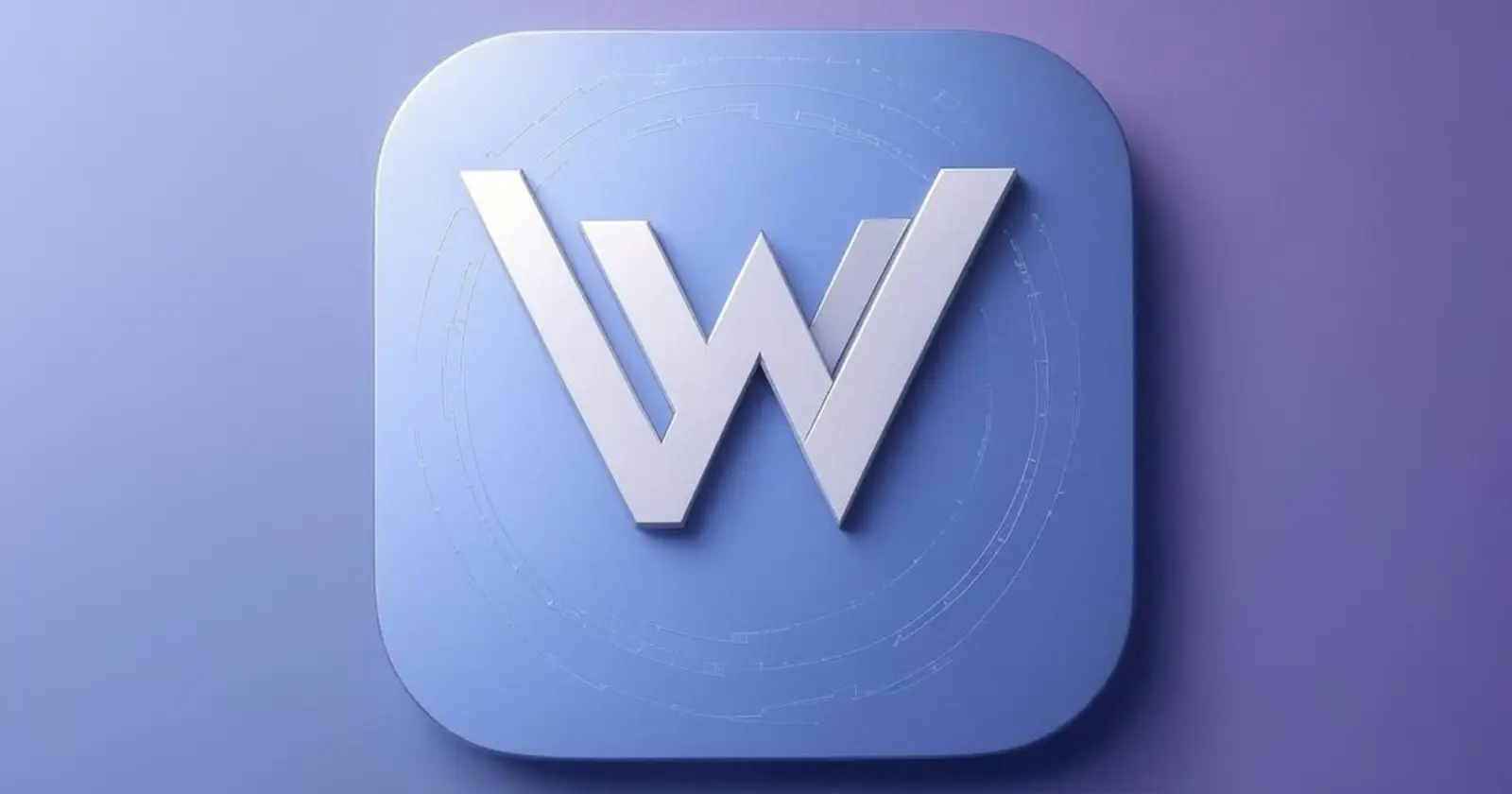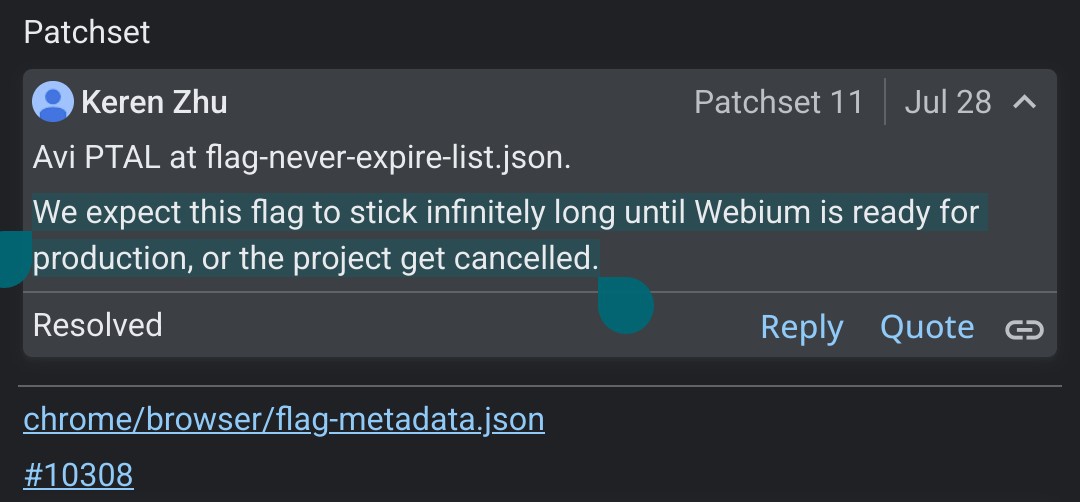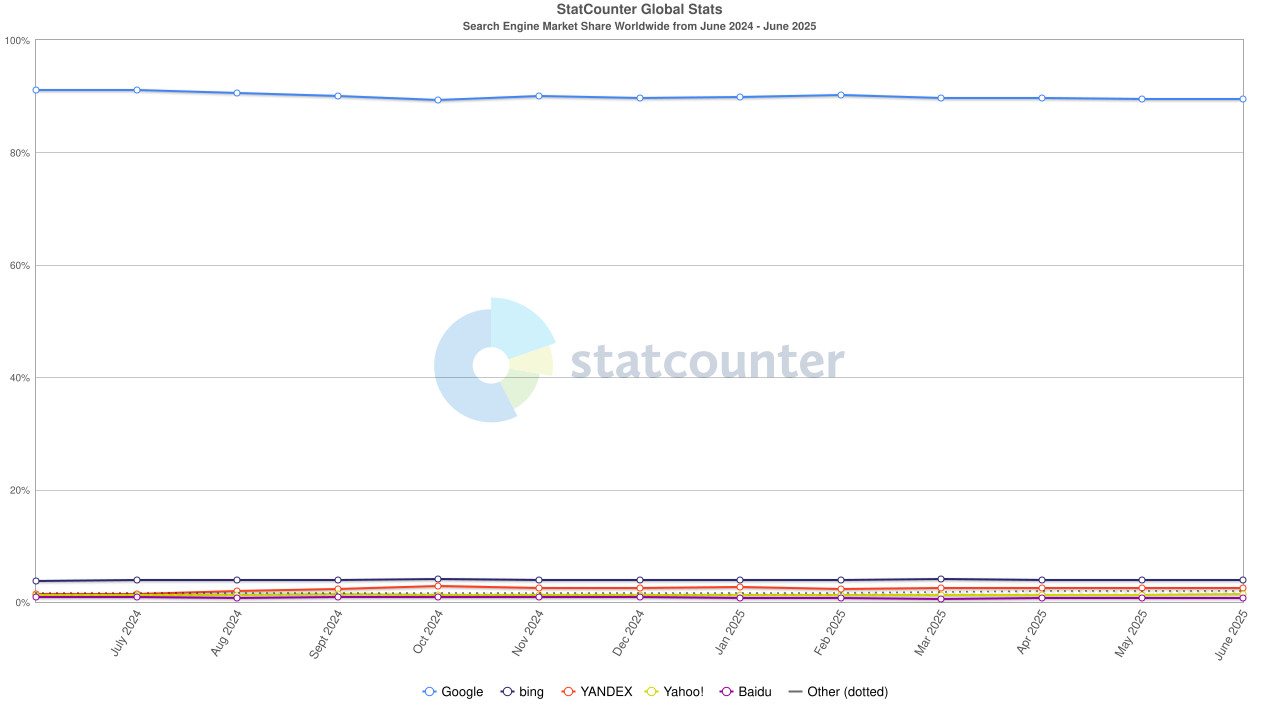I stumbled across an intriguing post on Reddit about Google’s latest experiment, a browser prototype called Webium, and I can’t help but wonder what the tech giant is cooking up this time. Google has apparently been quietly working on Webium since 2024, with source code just starting to trickle out. Unlike Chrome, which relies on a native Skia UI, Webium is built on WebUI, using HTML to craft its interface. This shift alone sparks curiosity about what Google is aiming for, and I’ve got a few theories about why this could be a big deal.
First off, Webium’s emergence feels like more than just a side project. A commit comment from the Chromium source code hints that this “new” browser might actually reach production, not just languish as an internal testbed for developers.
That’s a bold move for a company that already dominates the browser market with Chrome, which holds about 68% of global usage.
So why bother with Webium? One possibility is that Google is rethinking how browsers function in a world increasingly shaped by artificial intelligence. With AI-powered tools like ChatGPT and Google’s own Gemini making waves, could Webium be an AI-first browser designed to integrate generative AI seamlessly into the browsing experience?
Also, just look at the growing hype surrounding Dia and Comet, both AI-first browsers that are attempting to take a chunk out of Chrome’s market share. There are even reports that Open AI is looking to dabble into the browser space. So it’s not a stretch to think Google might want to lead this charge.
But there’s another angle that’s hard to ignore, especially given the timing. The US Department of Justice has been breathing down Google’s neck, pushing to break up its search monopoly.
A federal judge ruled in August 2024 that Google illegally maintained its dominance, partly by leveraging Chrome to prioritize its search engine. The DOJ’s proposed remedy? Force Google to sell off Chrome. Could Webium be a strategic pivot, a way for Google to test a new browser framework that’s untangled from its search and advertising empire? If Chrome gets spun off, Google might need a fresh browser to keep its ecosystem intact. Webium, with its WebUI foundation, could be a leaner, more modular alternative, ready to adapt to a post-Chrome reality.
Of course, this is all speculative, but the pieces fit. Google’s been tight-lipped, and the Webium source code is still skeletal, so we’re left piecing together clues. Whether it’s an AI-powered browser of the future or a contingency plan for a potential Chrome split, Webium has my attention. That said, it’s also worth noting that the project might get canceled at any given time, and all this speculation will be buried along with it.
I’d like to hear your thoughts on this in the comments below!
Featured image generated using AI
TechIssuesToday primarily focuses on publishing 'breaking' or 'exclusive' tech news. This means, we are usually the first news website on the whole Internet to highlight the topics we cover daily. So far, our stories have been picked up by many mainstream technology publications like The Verge, Macrumors, Forbes, etc. To know more, head here.




